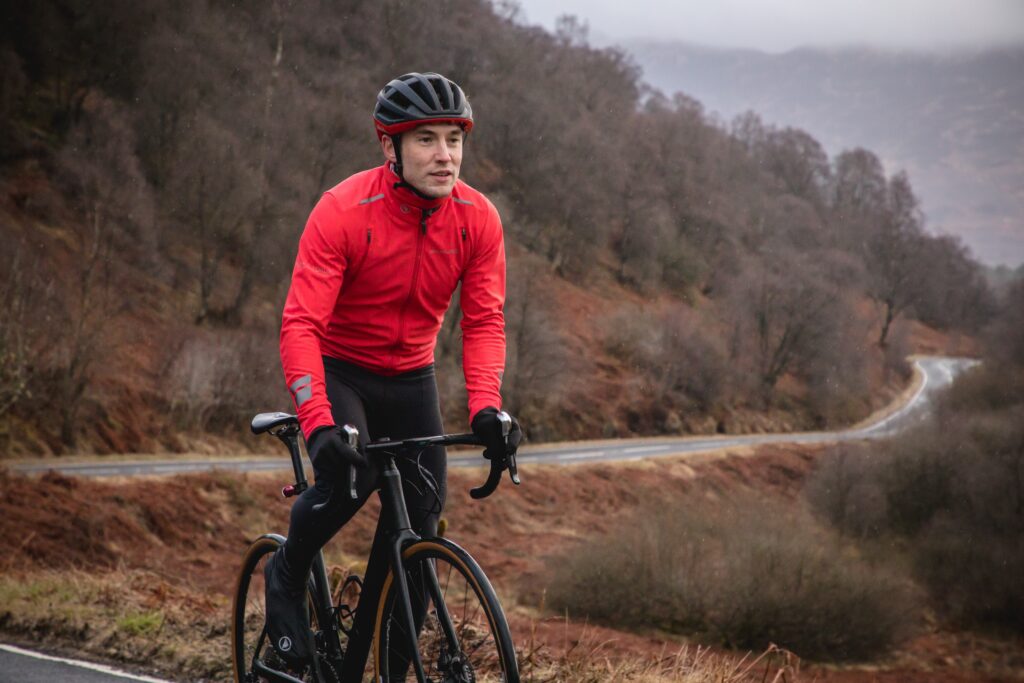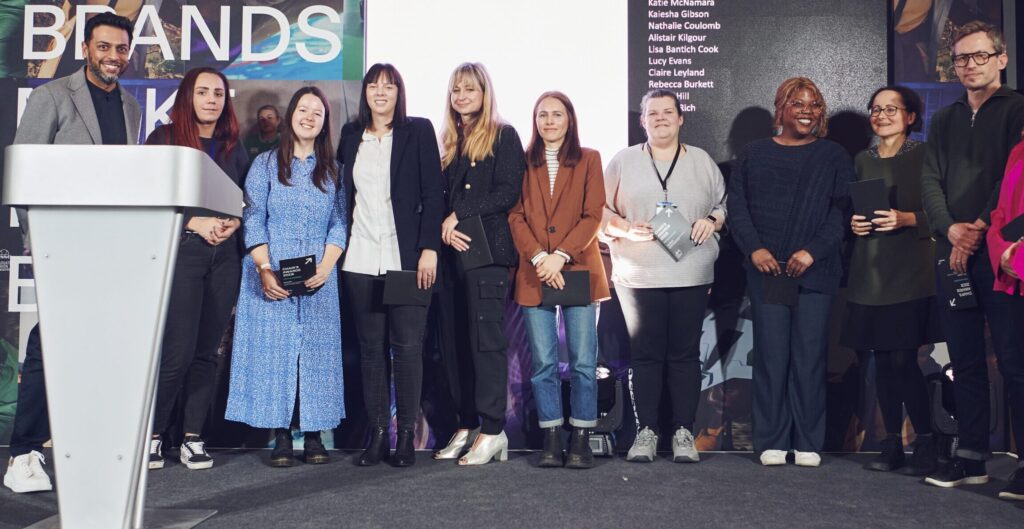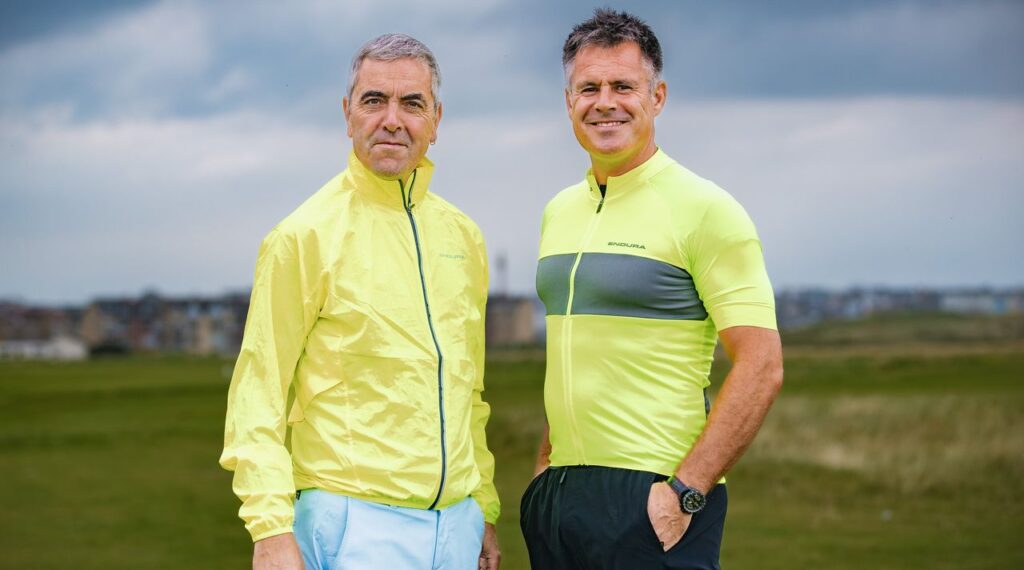Berghaus is continuing to reduce the environmental and social impact of product manufacture and other business activities. Throughout 2017, the UK’s leading performance outdoor brand is introducing new styles that sit under the MADEKIND™ banner, as well as improving sustainability in the supply chain, and providing transparency on the factories it uses around the world.
By autumn/winter 2017, over 40% of the Berghaus range will qualify to be part of the MADEKIND™ collection, meeting at least one of following criteria:
Main fabrics are Colourkind fabrics, using a dyeing process that dramatically reduces the use of water and chemicals during production, as well as reducing CO2 emissions
Contains >50% recycled fabrics or insulation material
Contains >90% bluesign® approved fabrics
Down is 100% RDS certified.
The latest MADEKIND™ products include new autumn/winter synthetic insulation that uses recycled plastic bottles in a number of styles. Depending on the quantity of insulation in the particular style, this ranges from one to 23 plastic bottles used per jacket.
Meanwhile, Berghaus is improving its understanding of the environmental impact of the fabrics
and other components that go into its products, recognising the importance of working with factories, which are managing energy, water, waste and chemicals in a responsible and efficient way.
The following activities are underway:
A large exercise to identify all of the factories which are used in the processing and manufacturing of fabrics and other components.
As a bluesign® system partner Berghaus is working systematically to increase coverage of factories which are bluesign® certified and have therefore been shown to be managing their impacts responsibly. Currently, more than 70% of the brand’s fabric suppliers are bluesign® system partners
As members of the Sustainable Apparel Coalition (SAC), Berghaus is leading the Pentland Brands roll out of the Higg Index to improve transparency and provide better understanding of the environmental impacts in the supply chain.
Berghaus continues to work on increasing the use of components which themselves require fewer resources or less polluting processes to manufacture, such as the Colourkind fabrics.
The brand remains committed to its aim of transitioning to PFC-free DWRs in apparel by 2020.
Through Pentland Brands, the brand is a member of the AFIRM Group, which works to reduce the use and impact of harmful substances in the apparel and footwear supply chain. All Berghaus products have to meet the requirements set out in Pentland’s Restricted Substances List which is aligned to that of AFIRM. Berghaus is also a member of the LeatherWorking Group (LWG) and the brand’s leather supplier is a medal rated tannery.
In an effort to provide further transparency of the supply chain, for the first time the full list of Pentland direct factories, including those used to make Berghaus products, is now publicly available in the form of an interactive map. This can be accessed in the ethical trading section of the Berghaus website.
Other corporate responsibility and sustainability material available for the public to view includes:
Pentland’s ‘Our Standards’ document, which outlines the standards against which brands in the group
hold themselves and their business partners accountable in the area of corporate responsibility.
Pentland’s ‘Making Things Better’ document, a review of corporate responsibility related activities across all of the group’s brands, which showcases numerous examples from Berghaus.
Berghaus’ corporate responsibility programme is led by sustainability manager Elaine Gardiner, working closely with teams from across the business and colleagues from parent company Pentland.





